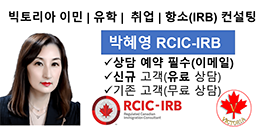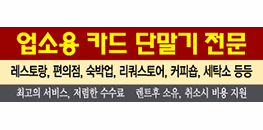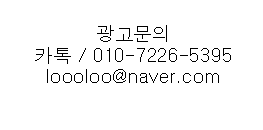11
2017-May
South Korea just showed the world how to do democracy작성자: DAVE 조회 수: 4840
At a time when there's so much hand-wringing over the crisis of liberal democracy and the rise of corrosive nationalism in the West, South Korea just offered a welcome reminder that people power is still alive.
In a snap election Tuesday, South Korean voters elected Moon Jae-in as the country's next president. Moon, a liberal politician, took office Wednesday, marking the first time in a decade that Seoul's Blue House has been occupied by a progressive president. His views on engagement with North Korea may put his government swiftly at odds with the Trump administration.
But that's not what is so striking about Moon's victory. His rise to power came amid seven months of political turbulence. First, South Korean media began reporting and investigating allegations of corruption and bribery surrounding then-President Park Geun-hye. Mass protests and legal proceedings followed, eventually leading to Park's impeachment and removal from power in March. The election cycle swung into gear, and Moon, a former human rights lawyer campaigning on an anti-corruption platform, was boosted by an electorate hungry for change.
The protests against Park tapped into widespread frustration in the country over the pervasive reach of major South Korean conglomerates and their alleged collusion with political elites. Park's misdeeds reminded some South Koreans "how we haven’t cared enough about politics and have not been keeping close enough watch on how the government is run," said Kim Wan-kyu, a 34-year-old office worker who spoke to my colleague Anna Fifield when demonstrations first began in November.
It's a powerful story, especially in a country where democracy only replaced a decades-long, U.S.-backed dictatorship in the late 1980s.
"South Korea still has many problems. But its people, buoyed up by an extraordinary wave of civic activism, are showing that they aren’t prepared to accept the established way of doing things," wrote my colleague Christian Caryl in March, when Park was forced out of office. "They have mounted a remarkable campaign for change, and today that campaign has borne fruit of the most dramatic sort. Their cousins to the north can only dream of similar acts of defiance — which is why their country remains frozen in time, beholden to a leader whose only plan for the future is tied to the machinery of violence."
The focus now shifts to what Moon's presidency may look like. Domestically, he has "promised to improve transparency in government appointments and strengthen regulations on the conglomerates that dominate corporate South Korea," wrote Fifield on Tuesday. "Voters were also concerned about the anemic economy and the widening disparity between rich and poor. Moon promised to put together a huge stimulus package, to create 810,000 public-sector positions and to reduce long working hours." His party does not hold a majority.
But the more pressing question for observers in Washington is how South Korea's attitude toward North Korea and the Trump administration's moves against Pyongyang may shift. Moon belongs to a South Korean political tradition that is eager for rapprochement, or at least positive engagement, with North Korea. That is at odds with the White House's aggressive ratcheting up of tensions in the wake of North Korea's latest round of missile tests.
"Moon has stated he is not opposed to sanctions," explained academic Andrew Yeo in The Post's Monkey Cage blog. "But by seeking inter-Korea talks, promoting an 'economic community' and persuading regional partners to pursue engagement with rather than coercion against North Korea, the new South Korean government may find it difficult to coordinate its North Korea policy with Washington."
Moon has also bristled at the deployment of the U.S.'s sophisticated THAAD missile defense system in South Korea, which Moon claims was authorized by the previous government without a proper review and then fast-tracked before the election. Liberal discontent with THAAD in South Korea was deepened by Trump's own contention that South Korea should foot the bill for its deployment. "The perception is that Washington has bullied Seoul into accepting THAAD and then shoved the bill at its close ally," wrote Duyeon Kim in Foreign Affairs.
Yeo suggests that, "like Korea’s previous progressive presidents, Moon will seek to take greater initiative on issues pertaining to the Korean Peninsula — rather than rely on just the United States or China." This may actually be welcome to the Trump administration and its insistence on an America First doctrine that prioritizes extracting the United States from geopolitical quagmires elsewhere.
"I believe President Trump is more reasonable than he is generally perceived," said Moon to Fifield before the election. "President Trump uses strong rhetoric toward North Korea, but, during the election campaign, he also said he could talk over a burger with Kim Jong Un. I am for that kind of pragmatic approach to resolve the North Korean nuclear issue."
If Moon can develop a solid rapport with Trump, it may improve the chances of calming tensions with Pyongyang — and send another signal to South Koreans that their demands for change have produced real results.
- The Washington Post -





